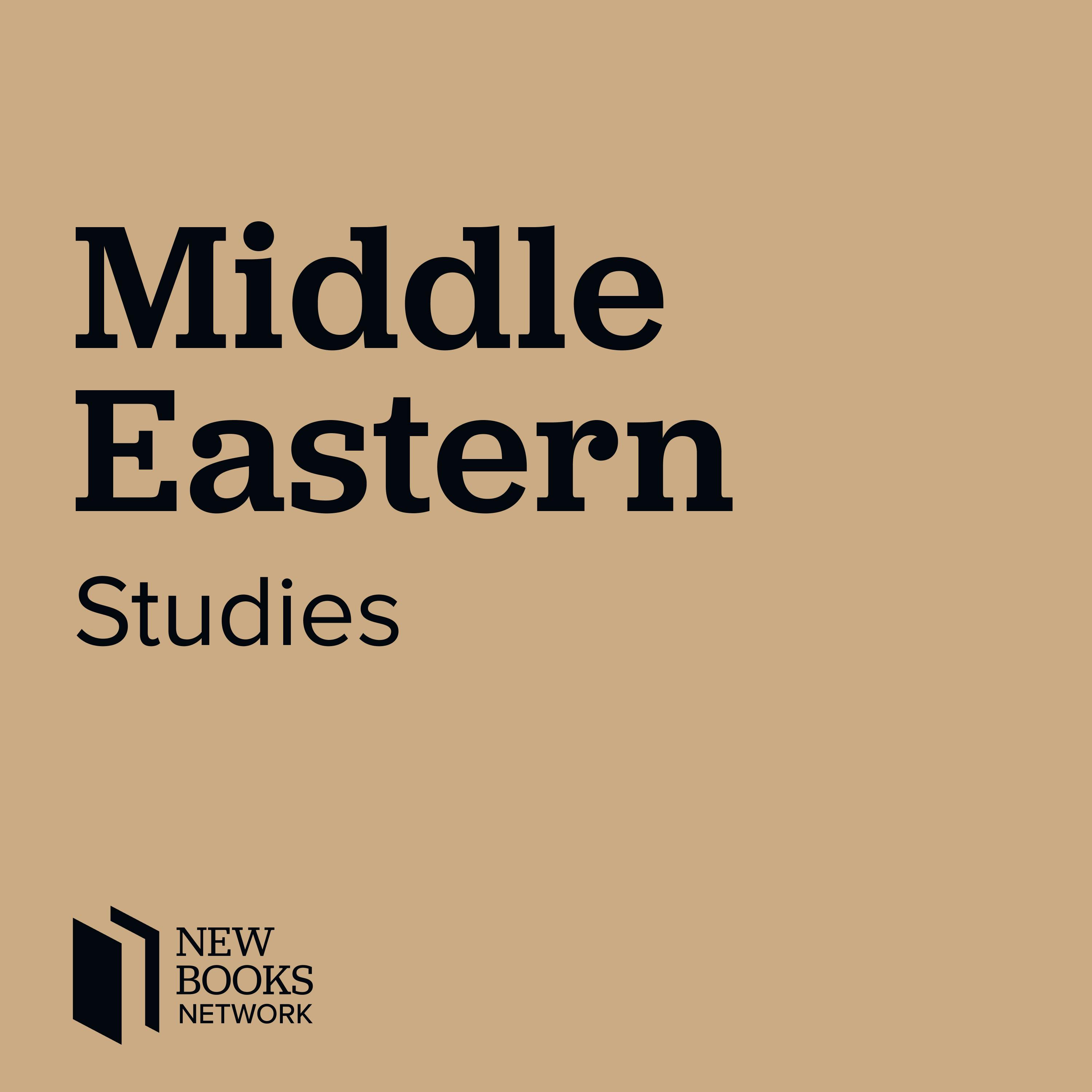Vladimir Hamed-Troyansky, "Empire of Refugees: North Caucasian Muslims and the Late Ottoman State" (Stanford UP, 2024)
Description
Between the 1850s and World War I, about one million North Caucasian Muslims sought refuge in the Ottoman Empire. This resettlement of Muslim refugees from Russia changed the Ottoman state. Circassians, Chechens, Dagestanis, and others established hundreds of refugee villages throughout the Ottoman Balkans, Anatolia, and the Levant. Most villages still exist today, including what is now the city of Amman. Muslim refugee resettlement reinvigorated regional economies, but also intensified competition over land and, at times, precipitated sectarian tensions, setting in motion fundamental shifts in the borderlands of the Russian and Ottoman empires. Vladimir Hamed-Troyansky's Empire of Refugees: North Caucasian Muslims and the Late Ottoman State (Stanford University Press, 2024) tell this story.
The book reframes late Ottoman history through mass displacement and reveals the origins of refugee resettlement in the modern Middle East. Vladimir Hamed-Troyansky offers a historiographical corrective: the nineteenth-century Ottoman Empire created a refugee regime, predating refugee systems set up by the League of Nations and the United Nations. Grounded in archival research in over twenty public and private archives across ten countries, this book contests the boundaries typically assumed between forced and voluntary migration, and refugees and immigrants, rewriting the history of Muslim migration in the nineteenth and early twentieth centuries.
Learn more about your ad choices. Visit megaphone.fm/adchoices
Support our show by becoming a premium member! https://newbooksnetwork.supportingcast.fm/middle-eastern-studies
More Episodes
How are notions of justice and equality constructed in Islamic virtue ethics (akhlaq)? How are Islamic virtue ethics gendered, despite their venture into perennial concerns of how best to live a good and ethical life? These are the questions that Zahra Ayubi, an assistant professor of religion at...
Published 05/04/24
Over the last two decades in Beirut, graffiti makers have engaged in a fierce “war of colors,” seeking to disrupt and transform the city’s physical and social spaces. In A War of Colors: Graffiti and Street Art in Postwar Beirut (University of Texas Press, 2024), Dr. Nadine Sinno examines how...
Published 05/02/24
Capitalism is not only an economic system but also a system of production and allocation of hope. In Egypt, a generation of young men desire fulfilling employment, meaningful relationships, and secure family life, yet find few paths to achieve this.
In The Labor of Hope:: Meritocracy and...
Published 05/02/24


